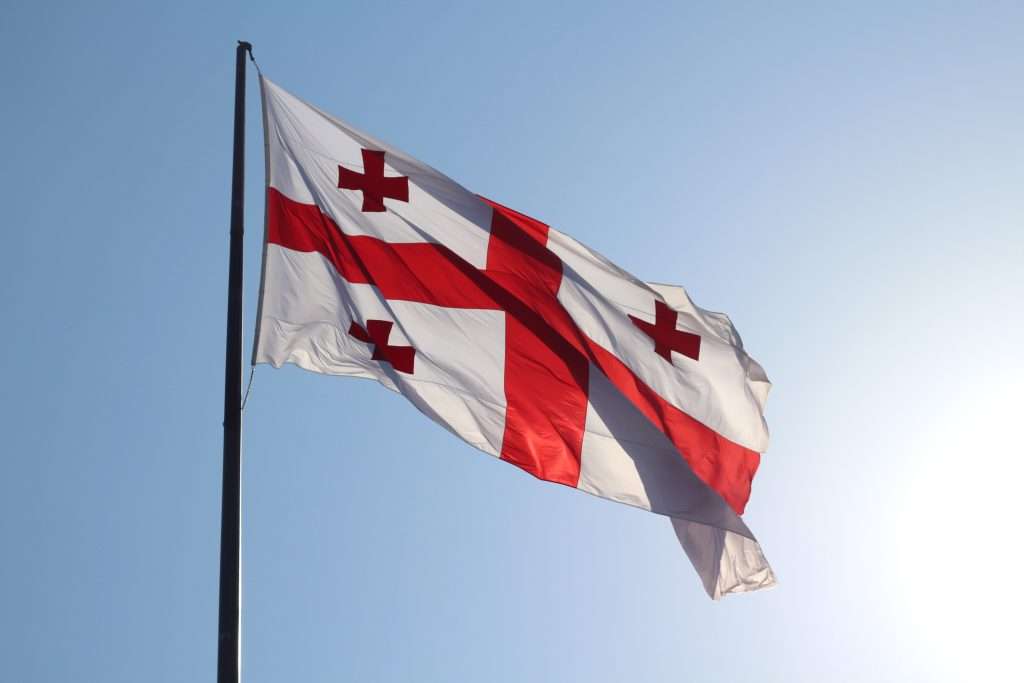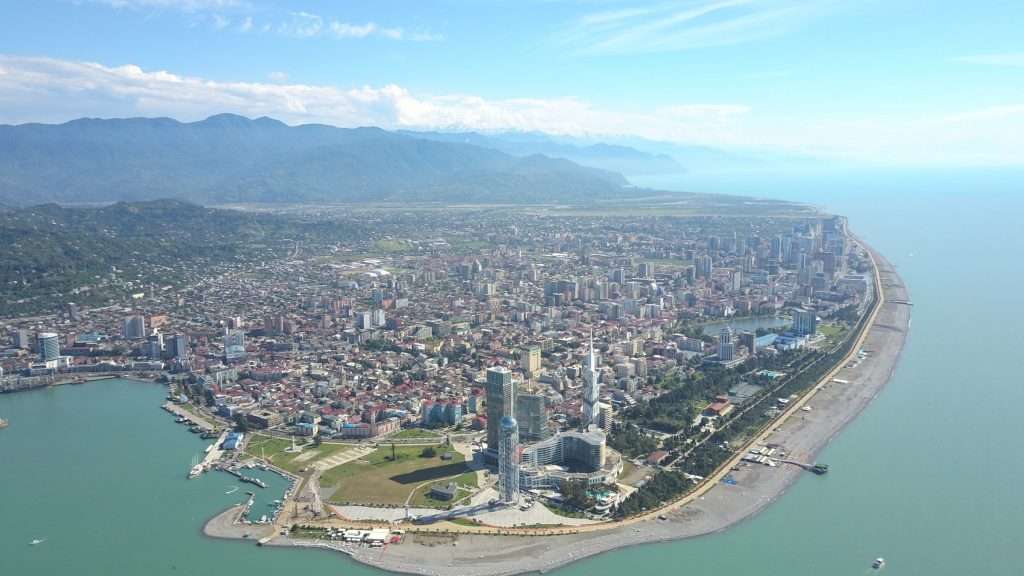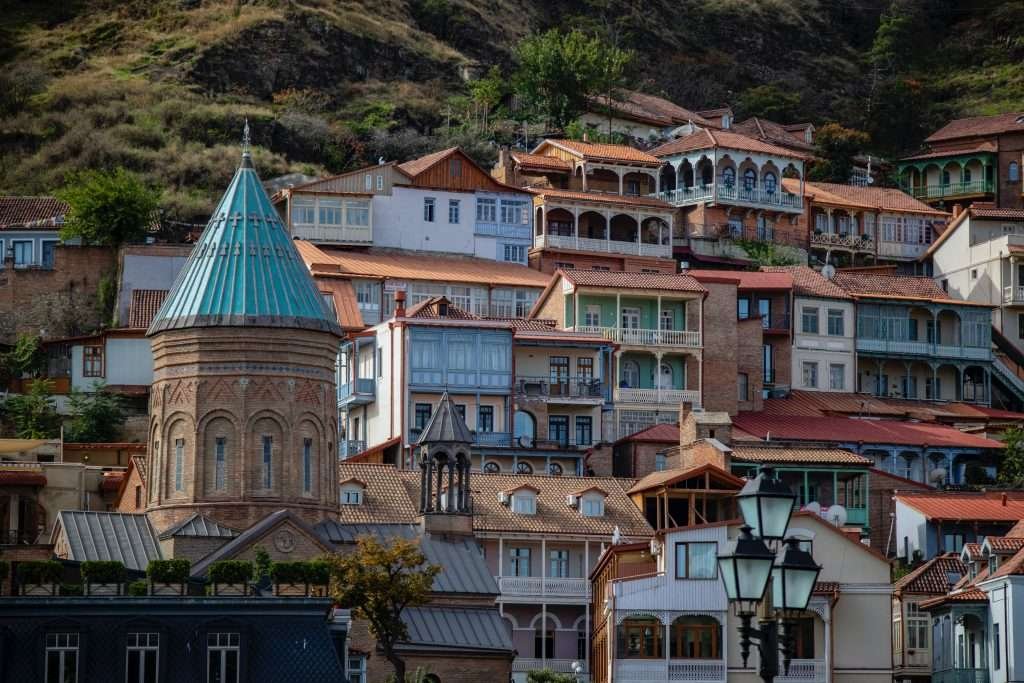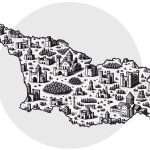The capital of Georgia (country) is Tbilisi. It is the largest city in Georgia and has a population of over 1 million people. Tbilisi is located in the eastern part of the country, on the banks of the Mtkvari River. It has a rich history dates back to the 4th century AD and has been ruled by various empires, including the Persians, Arabs, and Ottomans. Tbilisi is an important cultural, political and economic center of the country, and it’s an attractive tourist destination for its historical, architectural, and natural beauty.
The country of Georgia
Georgia is located in the Caucasus region of Eurasia, at the crossroads of Western Asia and Eastern Europe. It is bordered by Russia to the north, Turkey, and Armenia to the south, and Azerbaijan to the east. Georgia has a population of around 3.7 million, and the official language is Georgian. The country has a rich history, with evidence of human habitation dating back to the Paleolithic era. Throughout its history, Georgia has been influenced by various cultures, including the ancient Greeks, Persians, and Romans. Christianity was adopted as the state religion in the 4th century AD and remains integral to Georgian culture today. Georgia gained independence from the Soviet Union in 1991 and has a semi-presidential representative democratic republic system of government. The country has a growing economy, with tourism, wine, and agricultural production as some of its major industries.

Capital of Georgia
Tbilisi, the capital of Georgia (country), has a rich history that dates back to the 4th century AD. The city was founded by King Vakhtang Gorgasali, who named it Tbilisi, meaning “warm place” of the hot springs found in the area. Throughout history, Tbilisi has been ruled by various empires, including the Persians, Arabs, and Ottomans. The city served as an important center of trade and culture, and many notable landmarks from this period, such as the Narikala Fortress and the Metekhi Church, still stand today.
Tbilisi officially became the capital of Georgia in the 6th century AD, during the reign of King Dachi I. The city has since played an essential role in the country’s political, economic, and cultural development.
As of 2022, Tbilisi has a population of over 1 million people, making it the largest city in Georgia. The city is an important economic center, with industries such as tourism, transportation, and manufacturing plays a significant role in the local economy. Tbilisi is also a popular tourist destination for its historical, architectural, and natural beauty. Some notable landmarks in Tbilisi include the Old Town, the sulfur baths, and Freedom Square.

Other Important Cities in Georgia
Other important cities in Georgia include Batumi, Kutaisi, and Rustavi.
Batumi is a port city located on the Black Sea coast in the western part of Georgia. It is the second-largest city in the country and has a population of around 150,000 people. Batumi has a rich history, dating back to the 6th century BC, and has been ruled by various empires. Batumi is a popular tourist destination known for its beaches, nightlife, and casinos. It is also an important economic center, with industries such as tourism, transportation, and oil refining playing a significant role in the local economy.
Kutaisi is the third-largest city in Georgia, located in the Imereti region in the western part of the country. The city has a population of around 170,000 people. Kutaisi has a rich history, dating back to ancient times, and it was once the capital of the ancient Kingdom of Colchis. Today, Kutaisi is an important cultural and economic center, with industries such as agriculture, manufacturing, and tourism playing a significant role in the local economy.
Rustavi is an industrial city in the Kvemo Kartli region in southern Georgia. It has a population of around 100,000 people. Rustavi is an important economic center, with industries such as metallurgy, machine building, and chemical production playing a significant role in the local economy. It’s also a culturally diverse city and has a significant Azerbaijani minority.
These cities have a unique history, culture, and economic importance, and they are worth visiting to get a sense of the diversity of Georgia and its people.
So what we learned today?
Tbilisi’s history, culture, and economy are all intertwined, and it serves as a symbol of the country’s resilience, diversity, and dynamism. The city has faced many challenges throughout its history, but it has always managed to adapt and evolve. It continues to be an important center of the country’s political, economic, and cultural life. Tbilisi’s role as Georgia’s capital city has been vital for developing and preserving the country’s heritage and culture.





